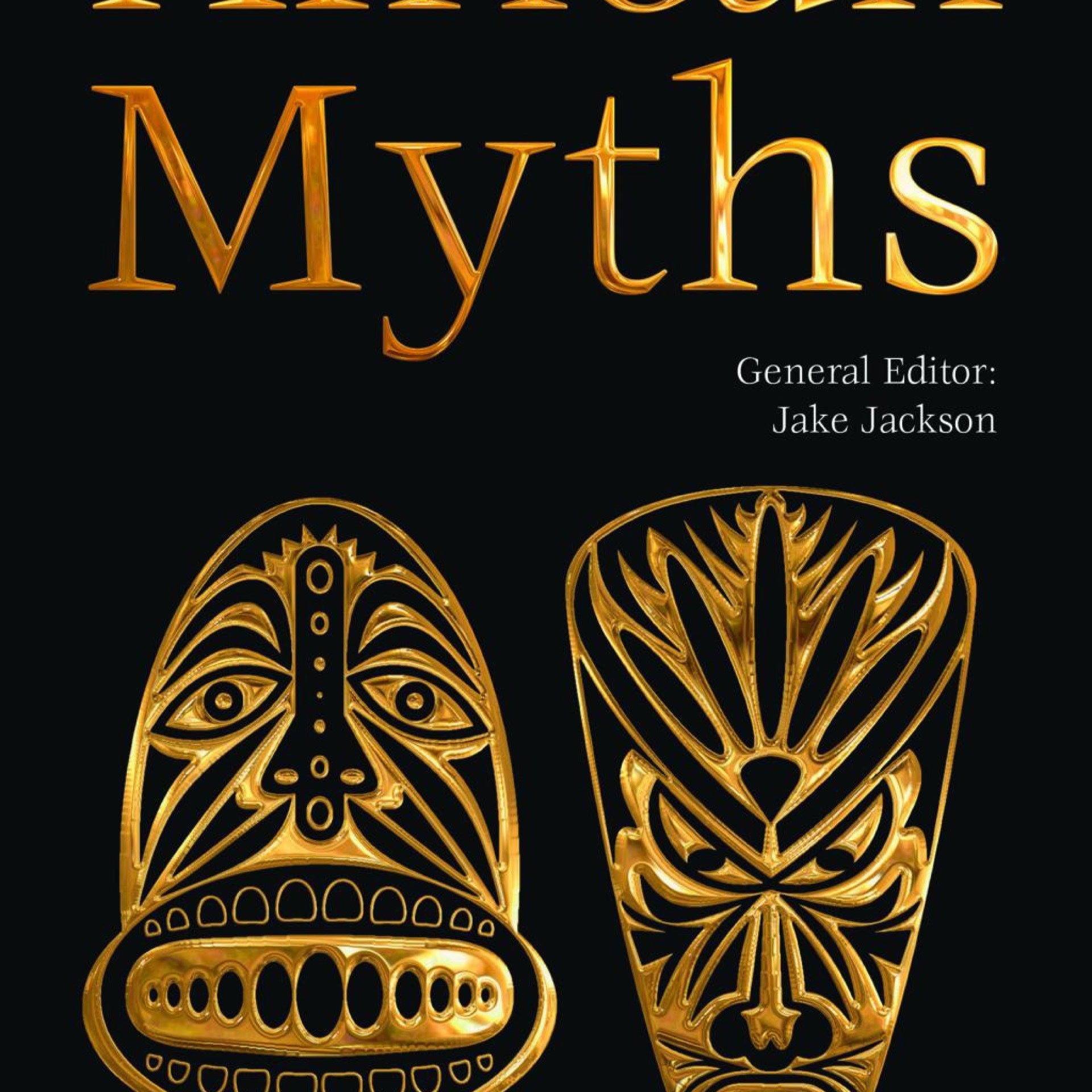
World's Greatest Horse by FreedomMaker | Download free STL model - Source www.printables.com
To help you find the perfect ensemble drama to watch, we've put together this guide to The World's Greatest Ensemble Dramas. We've analyzed dozens of shows to find the ones with the strongest writing, acting, and production values. We've also taken into account the diversity of the casts and the range of stories they tell.
FAQ: The World's Greatest Ensemble Dramas
Discover the answers to frequently asked questions about the acclaimed genre of ensemble dramas, characterized by their compelling narratives centered around interconnected characters and intricate relationships.

World's Greatest Horse by FreedomMaker | Download free STL model - Source www.printables.com
Question 1: What distinguishes ensemble dramas from other television shows?
Ensemble dramas prioritize a group of central characters rather than a single protagonist. This allows for a wider exploration of perspectives, complex character development, and dynamic interactions within the ensemble.
Question 2: What are the key elements of a successful ensemble drama?
Successful ensemble dramas feature a well-crafted ensemble of relatable and multifaceted characters, compelling storylines that weave together their individual arcs, and a deft balance between personal and group dynamics.
Question 3: Is it challenging to write and produce ensemble dramas?
Yes, ensemble dramas require significant writing and production effort. Coordinating the development of multiple characters, managing their relationships, and maintaining the cohesion of the ensemble while delivering a cohesive storyline present unique challenges.
Question 4: What are some of the most notable ensemble dramas of all time?
Acclaimed ensemble dramas include "The Wire," "Game of Thrones," "Lost," "Breaking Bad," "Mad Men," "The Crown," and "Stranger Things," among others.
Question 5: Why are ensemble dramas so popular with audiences?
Ensemble dramas offer viewers the opportunity to connect with a diverse range of characters, witness their growth and struggles, and explore the complexities of human relationships in both intimate and epic settings.
Question 6: What does the future hold for ensemble dramas?
The future of ensemble dramas looks promising, with the continued evolution of streaming services and the demand for relatable and immersive content. Expect to see more innovative and captivating ensemble dramas that push the boundaries of storytelling.
To learn more about the world's greatest ensemble dramas, explore our articles and dive into the captivating stories and characters that have captivated audiences worldwide.
Tips for Writing Ensemble Dramas
Ensemble dramas require a unique blend of character development, plot, and dialogue to create a captivating and cohesive story. Here are a few tips to help you write ensemble dramas that will engage and entertain your audience:

World's Greatest Crasher: From Hollywood to the White House – the - Source www.goodreads.com
Tip 1: Develop Strong, Distinct Characters
Each character in an ensemble drama should have their own unique voice, motivations, and goals. Avoid creating characters that are simply archetypes or stereotypes. Instead, focus on developing characters that are complex, relatable, and flawed. The more distinct each character is, the more interesting the interactions between them will be.
Tip 2: Create a Compelling Plot
The plot of an ensemble drama should be driven by the characters and their relationships. The plot should create conflict and tension between the characters, and it should keep the audience engaged from beginning to end. Avoid plots that are too predictable or formulaic. Instead, strive to create a plot that is unique and surprising.
Tip 3: Write Realistic Dialogue
The dialogue in an ensemble drama should sound natural and realistic. Avoid using exposition or stilted language. Instead, focus on writing dialogue that reveals character and advances the plot. The dialogue should also be varied, with each character having their own unique voice.
Tip 4: Manage the Ensemble
One of the challenges of writing an ensemble drama is managing the large cast of characters. It is important to give each character their due, but you also need to avoid overwhelming the audience with too many characters. One way to manage the ensemble is to create subplots that focus on different groups of characters. Another way to manage the ensemble is to use ensemble scenes, in which all of the characters interact with each other.
Tip 5: Find the Heart of the Story
At the heart of every great ensemble drama is a story about human relationships. The story may be about love, friendship, family, or betrayal. Whatever the story is about, it should be something that is universally relatable. The audience should be able to connect with the characters and their struggles.
By following these tips, you can write ensemble dramas that are engaging, entertaining, and thought-provoking. For more tips and insights on writing ensemble dramas, be sure to check out The World's Greatest Ensemble Dramas.
These tips can help you write ensemble dramas that are both entertaining and thought-provoking. With careful planning and execution, you can create a story that will stay with your audience long after they finish reading it.
The World's Greatest Ensemble Dramas
Ensemble dramas, showcasing the intricate interplay of multiple characters, have captivated audiences worldwide. Their success hinges upon key aspects that elevate them to the pinnacle of television entertainment.
- Captivating Characters: Dynamic and relatable characters drive the narrative, fostering emotional connections.
- Intricate Relationships: Interwoven relationships explore the complexities of human interactions, creating a rich tapestry of drama.
- Ensemble Harmony: Actors work seamlessly together, embodying a cohesive unit that enhances the overall impact.
- Intelligent Writing: Compelling scripts provide depth, nuance, and unexpected twists that keep the audience engaged.
- Stunning Visuals: Cinematography, lighting, and editing contribute to the immersive experience, enhancing the drama.
- Cultural Impact: These dramas transcend entertainment, reflecting societal issues and shaping cultural conversations.
Examples like "Game of Thrones," "The Wire," and "The Crown" showcase the power of these aspects, captivating audiences with their complex characters, intricate relationships, and thought-provoking narratives. They demonstrate how ensemble dramas not only provide captivating entertainment but also offer insightful perspectives on the human condition.

The World's greatest rip-offs: The extraordinary inside story of the - Source www.goodreads.com
The World's Greatest Ensemble Dramas
Ensemble dramas are a staple of television, and for good reason. They offer a unique opportunity to explore the complexities of human relationships, and to tell stories that would be impossible with a smaller cast. But what makes a great ensemble drama? And what are some of the best examples of this genre?

African Myths (The World's Greatest Myths and Legends) | The Groovy Witch - Source www.groovywitch.com
There are a number of factors that contribute to a great ensemble drama. First, the cast must have strong chemistry. The actors must be able to work together seamlessly, and they must be able to create believable relationships with each other. Second, the writing must be strong. The characters must be well-developed and relatable, and the stories must be engaging and emotionally resonant. Finally, the ensemble must be well-balanced. Each character should have their own unique role to play, and they should all contribute to the overall story.
There are many great examples of ensemble dramas, but some of the best include: "The Wire," "The Sopranos," "Mad Men," and "Game of Thrones." These shows all feature strong casts, well-written scripts, and well-balanced ensembles.
Conclusion
Ensemble dramas are a unique and powerful form of storytelling. They offer a chance to explore the complexities of human relationships and to tell stories that would be impossible with a smaller cast. The best ensemble dramas feature strong casts, well-written scripts, and well-balanced ensembles.
The World's Greatest Ensemble Dramas continue to inspire and entertain audiences around the world. These shows are a testament to the power of collaboration and the importance of telling stories that reflect the human experience.